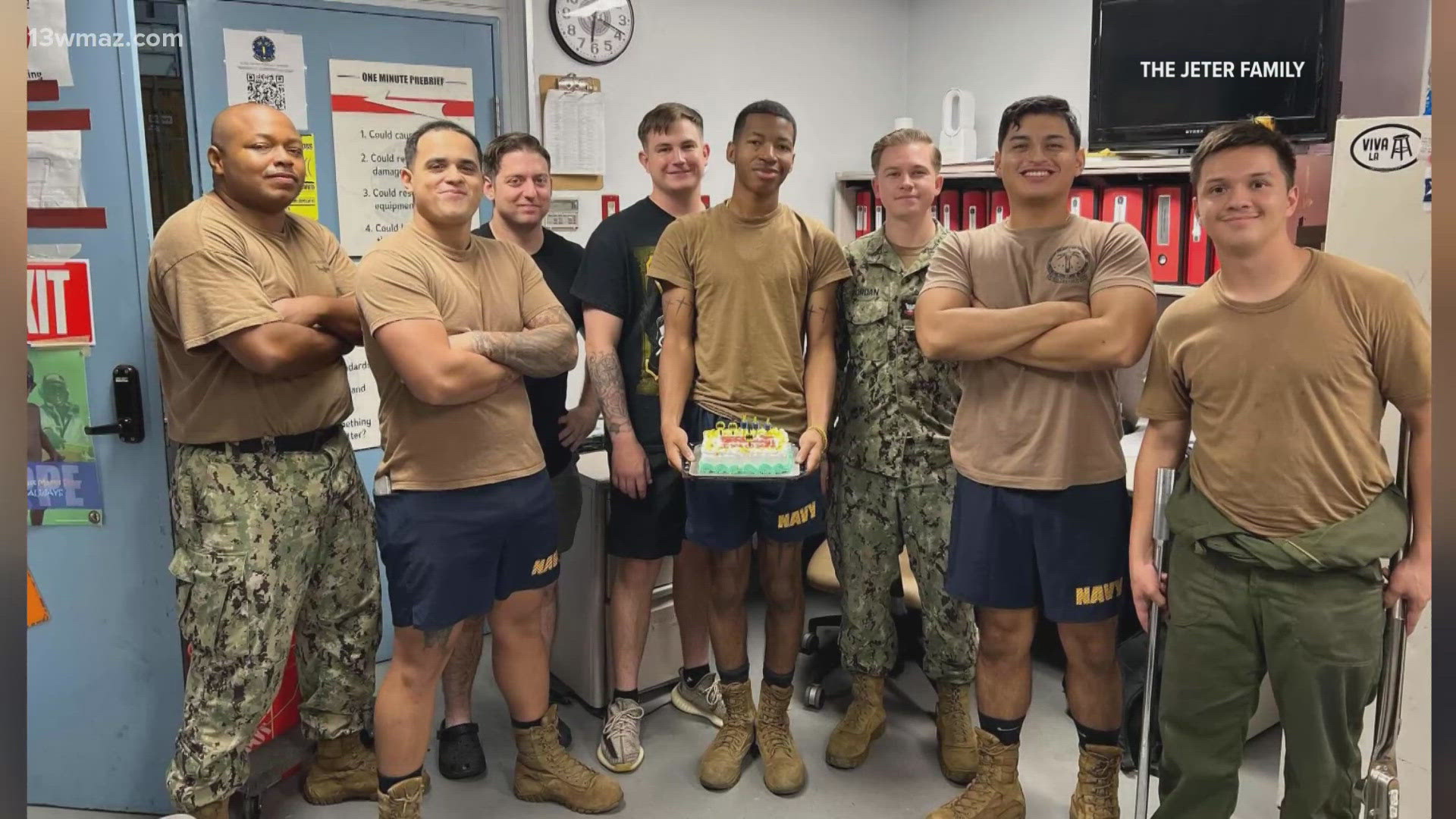![atf-seal [ID=9784405]](http://moc-assets-prod.gannett-cdn.com/-mm-/3d5569507733ca056af5edaf0a2a8036c559fb13/r=500x375/local/-/media/WMAZ/WMAZ/2014/05/30/1401485510000-atf-seal.jpg)
Two federal judges have ruled that widely used sting operations designed to ensnare suspects with the promise of a huge payday for robbing an imaginary drug stash house are so "outrageous" that they are also unconstitutional. One judge said the charges were so unfair that he threw them out after three suspects already pleaded guilty.
Each of the men admitted to charges that would put them in prison for seven years or more. But instead of sending them there, U.S. District Court Judge Manuel Real declared that federal agents had "created the fictitious crime from whole cloth" and that their conduct was unconstitutional. Then he dismissed the charges and ordered that all three be set free.
Real's unusual decision this month is the latest and most pointed indication yet of a growing backlash against undercover operations that have become a central part of the U.S. Bureau of Alcohol, Tobacco, Firearms and Explosives' efforts to target violent crime. Until now, federal courts have largely signed off on the practice, if not always enthusiastically. As the stings proliferate across the United States, an increasing number of judges are offering new resistance to the government's tactics.
"Judges are getting really frustrated with not hng sufficient answers on how these people were targeted or how they came to be the subject of the sting," said Katharine Tinto, a professor at the Benjamin N. Cardozo School of Law who has studied government stings. "There's a real discomfort that we're turning people into more serious criminals."
Nowhere has that frustration played out more dramatically than in Los Angeles, where Real is the second judge in two months to throw out charges in a stash-house case after concluding that the scheme violated suspects' constitutional due process rights. Another judge there, Otis Wright, dismissed a similar case in March, concluding in a scathing order that a "reverse-sting operation like this one transcends the bounds of due process and makes the Government the oppressor of its people."
The Justice Department has appealed both decisions.
A spokesman for the U.S. attorney's office in Los Angeles declined to comment on the cases because they are ongoing. In court filings, however, prosecutors have blasted what they called Real's "barely defensible" decision to release "dangerous recidivist criminals" and pointed to a long history of similar investigations that have been approved by the courts.
The ATF quietly made such stash-house stings a central part of its effort to target violent criminals, more than quadrupling their use over the past decade. A USA TODAY investigation last year found that the stings led to more than 1,000 arrests, often sweeping up small-time criminals who jump at the chance to make hundreds of thousands of dollars for a few hours of work.
Most of the judges' concerns focus on how agents pick out the people they target for stings engineered to produce long prison sentences. In April, for example, Judge Stephen Reinhardt castigated the ATF in a dissenting opinion, writing that "government verges too close to tyranny when it sends its agents trolling through bars, tempts people to engage in criminal conduct, and locks them up for unconscionable periods of time when they fall for the scheme." Judges in Illinois have raised questions about whether the ATF improperly targeted minorities for arrest; one found "a strong showing of potential bias." And an appeals court in Chicago has been trying to decide for more than a year whether a similar sting there — targeting a man who had just been released from prison — amounted to entrapment.
The three men — Randy Garmon, Arturo Cortez and Rene Flores — were arrested in September after an undercover ATF agent captured them and two others on video plotting to rob 25 kilograms of cocaine from a drug stash house. As in many such cases, a government informant introduced the men to an undercover agent posing as a drug courier willing to help rip off his bosses.Judge Real's decision, which has gone largely unnoticed outside the federal courthouse in Los Angeles, was all the more unusual because it came months after the three men had pleaded guilty and without their lawyers having asked that the charges be dropped.
Cortez, Garmon and Flores were due to be sentenced in March. But Real postponed the hearing twice, instead demanding that prosecutors explain how ATF agents had chosen to target the men for such an aggressive operation, particularly when none had a criminal record involving drug robberies. Then, on May 12, Real summoned the three men to his courtroom, dismissed the charges and ordered that they be released from jail.
Real accused ATF agents of "trolling poor neighborhoods" for suspects, and said the government had no evidence that the men had been involved in drug robberies before the ATF offered them the opportunity.
Judges on the 9th Circuit Court of Appeals immediately granted a temporary order blocking their release. The court will hear the Justice Department's appeal in the fall.
Meanwhile, Real released Cortez on bail. Cortez hardly had the résumé of an experienced drug robber — he had never been convicted of anything more serious than driving with a suspended license and possessing a small quantity of marijuana. His lawyer, Anthony Solis, said there was no evidence that Cortez had ever been involved in either drugs or robbery before he fell into the ATF's trap.
"This is just a good way to scoop people up off the street," Solis said.


